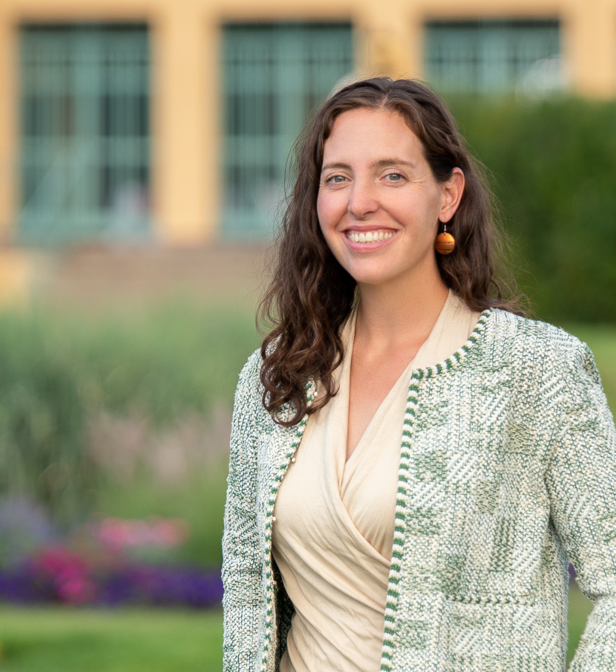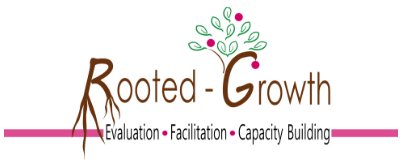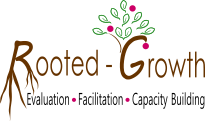About Natalie
Natalie De Sole works with mission-inspired groups who want to learn from data and lived experiences to reach their goals. Raised in Africa with deep family roots in Italy and Colorado, Natalie grew up aware of different perspectives. She views evaluation as a powerful tool to support learning within organizations and can help them achieve their goals.
Natalie De Sole (she/her) was born to parents who both built their careers in international public health efforts. She grew up in Ethiopia, Burkina Faso, and Zimbabwe. A dual-national (American and Italian), Natalie transitioned to life in the US when Zimbabwe’s political and economic instability escalated to historical levels. After an idyllic childhood, this challenging time left a lasting mark. She began volunteering with nonprofits or nonprofit-like organizations.
Since receiving her Master’s in 2011, Natalie has worked with evaluation firms focused on quality evaluation work for nonprofits, foundations, institutions, systems, and collaborations. These evaluations ranged in various ways, most focused on education, health, and development for children and youth aged 0 – 24.

-
- a three-year federal grant for a 0 – 5 early kindergarten readiness initiative in Macomb, MI
- a two-month nonprofit-funded capacity building project for a youth creative self-efficacy program in Detroit, MI
- a six-month nonprofit-funded youth leadership and education project in Detroit, MI
- a five-year federal grant for a university-based TRIO program called Initiative for Maximizing Student Development (IMSD) in Detroit, MI
- a one-year New York community college-funded online community of practice aiming to transfer teaching techniques to improve outcomes for students in a remedial class located online
- a one-year funder’s grant focused on testing mechanisms to use social media to spread successful high school teaching practices among teachers based entirely online
- a six-month systems-level impact evaluation of a funder’s five-year review of their impact on the health system across multiple portfolios in Colorado
- an eight-year funder’s change effort with state-level higher education institutions to reduce the graduation gap for underrepresented students in multiple states
In early 2018, Natalie desired to change how she engaged in evaluation. After years of reading books on positive psychology and learning environments, she launched Rooted-Growth to increase her use of participatory approaches in evaluation, center learning, and incorporate theory. Utility is a core value, as she discovered that organizations spend thousands of dollars on program evaluations, which they hardly use effectively. Her cross-cultural and global experiences have taught her that there are different interpretations of data, all of which can help identify the truths behind it. Rooted-Growth moves past a report that sits idly on a desk. Engage your stakeholders’ voices and use findings to help you learn, grow, and make sustainable changes. Rooted-Growth tends to work with organizations in education and prevention science. Her PhD in Education from Colorado State University focuses on youth development, measurement, and education.
Click here to learn about Rooted-Growth’s recent projects.

